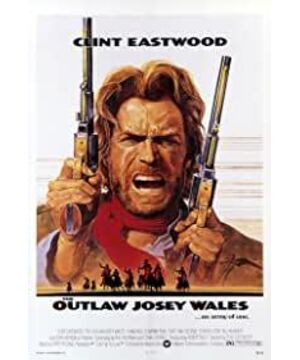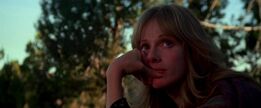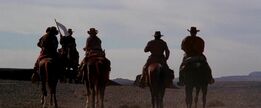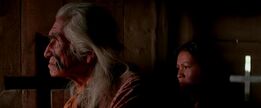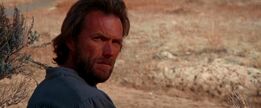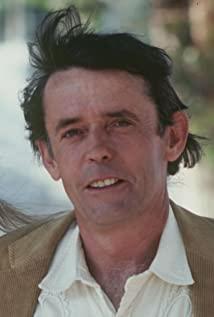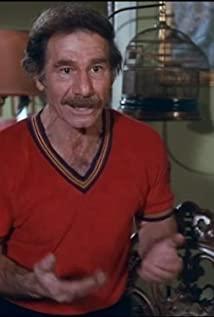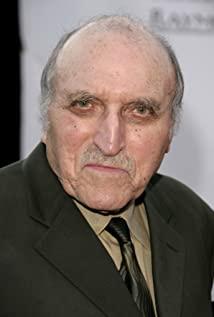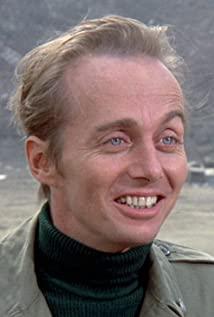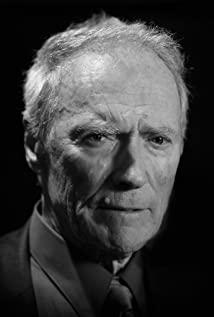The film is grandiose, with many propositions such as friendship/deception, growth/depravity, civilized conflicts/harmony, etc., sharply opposed. The confusion of personal destiny and the process of solving puzzles reflect the vast and sad landscape of the historical midwestern United States. In this great sad mood, the least important thing is political correctness. The law is incorrect, the Northern Army is incorrect, and the Indians may not be correct. Before the end of the film, Wells reached a reconciliation/understanding one by one with the Kansas old lady, Indian tribes, and feuding comrades who discriminated against Missouri. For the Chinese, it is a metaphor for the powerful tolerance of American culture.
This film is sub-magical in my mind. Because of its moving historical picture scroll, the clint Eastwood fast guns that are fascinating in other films are reduced to fist and embroidered legs in this film, although the gun is still that. A gun. The film is directed by Clint Eastwood himself. It is similar in genre to his previous westerns and police films, but the temperament is quite different. The surging under the calmness of the mysterious river behind, murder without mercy, million treasures, and classic cars is in the same line with this film, and its tension and introverted consistency are just the same as the eternal nature of the fierce conflict between the two sides of the contradiction. This pain and optimism coexist and never admit defeat may be the secret of Clint Eastwood's charm.
The Taoist priests who know Maoshan know half of China, and the peasants in the South know half of the United States.
View more about The Outlaw Josey Wales reviews


